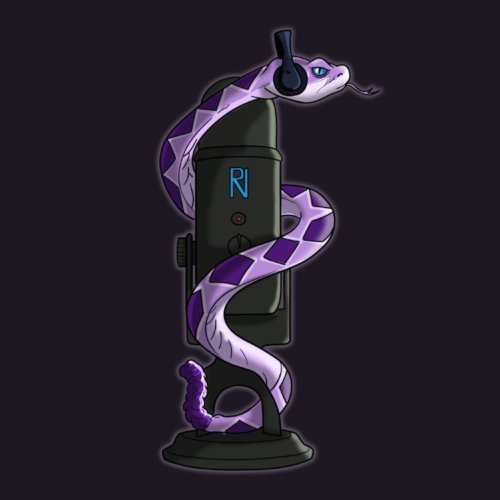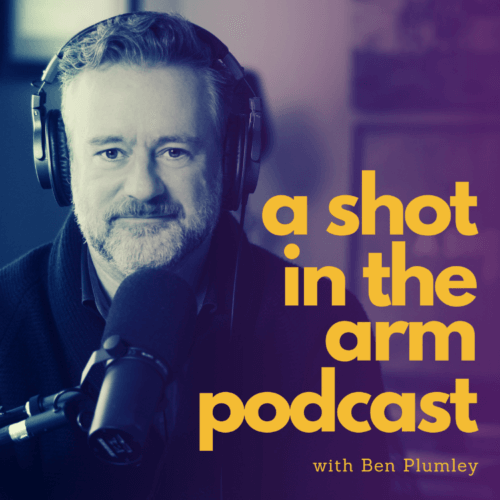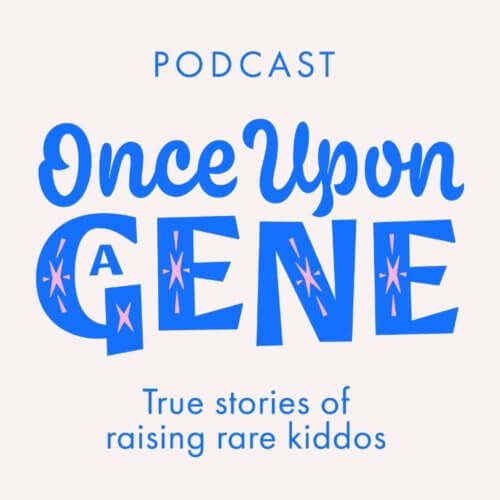It’s Parkinson Diseases with an “s” WPC2019 | 10
In June, I will be traveling to Kyoto, Japan for the 5thWorld Parkinson Congress(WPC). WPC is a global Parkinson’s event that opens its doors to all members of the Parkinson’s community, from neurologists and researchers to those living with the disease. Since my diagnosis in August 2017, I’ve launched the podcast When Life Gives You Parkinson’s. As an extension of that podcast, I have teamed up with the World Parkinson Coalition to help preview WPC2019.
Etienne Hirsch is Director of the French National Institute for Neuro Science, neurology and psychiatry. He’s a board member and chair for the basic science program committee for this year’s WPC. In his plenary talk, Hirsch will be examining the question, “Are we moving towards personalize medicine?” Hirsch isn’t hiding his passion for the topic, “I think that it is the most important challenge these days for Parkinson’s disease.” He adds, “By the way I should not say Parkinson’s disease, I should say Parkinson’s diseaseswith an “s.” The concept is that everyone diagnosed with Parkinson’s is not dealing with the same disease, but different diseases that deserve different treatments.
Much of Hirsch’s work revolves his belief that inflammation may actually trigger the events that lead to the death of the dopamine producing brain cells. He recalls that, until recently, it was a controversial theory, “Some people were even laughing saying that neuro inflammation is a consequence of neuron degeneration. And now we know that in fact the neuro inflammatory processes are not just a consequence of neuron degeneration. These events really participate to the cascade of events leading to degeneration in the past.” In his workshop, Hirsch will help lead a discussion around why some cells degenerate in people with Parkinson’s and some do not.
Eli Pollard, Executive Director of the World Parkinson Coalition, which is the organization that hosts the triennial World Parkinson Congress is expecting just over 3,000 people to attend the event in Kyoto. She encourages participants to check out “Wellness Way” which features free fitness and exercises classes in the renewal room, complimentary massage and Raiki, the Care Partner Lounge, there is a Quiet Room for people who might need to escape the crowds or take a quick nap.
There’s also a clinical research village sponsored by the Michael J. Fox Foundation and with in-kind support from the Cure Parkinson’s Trust. “It is a space for just people to learn about clinical research clinical trials what you should ask if you want to engage in a clinical trial.” Pollard continues, “What are your rights as a participant in a clinical trial? What do you need to know before you sign on the dotted line?” The research village will be open all the hours that the exhibit halls.
Finally, Pollard has some last minute packing tips. She recommends you pack comfortable clothes and a rain coat, because it’s going to be hot and it is the rainy season in Kyoto. While some attendees will be wearing shorts, there will be air conditioning in the conference center, so pants may be more appropriate if you tend to be cold. Do not forget to bring a pen and pad of paper to take notes and trade information with other attendees, unless you are using your phone or tablet. Most importantly, if you are a person with Parkinson’s, Pollard urges you to pack at least twice the amount of medication you think you will need and better yet, pack three times the amount. She recommends you spread it out between your carry on, your checked luggage and your travel companion.
Each episode of the WPC2019 Podcast, I check in with James Heron, the Executive Director of the Japanese-Canadian Cultural Centre. This week, we wrap up our Japanese tutorial with a hodge-podge of tips and insights. Key among them is to speak directly and clearly. In North America, we tend to use idioms like “pulling-your-leg,” “bite-the-bullet,” and “dime a dozen.” When literally translated by a Japanese speaker, these phrases can be confusing. Heron uses “pulling-your-leg” as an example, “There is an expression in Japanese, ashi o hipparu,which means you have to pull someone’s leg which actually means to purposefully hold someone back, to make them fail, almost to sabotage someone.”
Follow me, Larry Gifford
Twitter: @ParkinsonsPod
Facebook: Facebook.com/ParkinsonsPod
Instagram: @parkinsonspod
For more info on the World Parkinson Congress head to www.WPC2019.org
Facebook: Facebook.com/WorldPDCongress/
Twitter: @WorldPDCongress
YouTube: WorldPDcongress
Instagram: @worldpdcongress
Thank you to:
Etienne Hirsch, Director French National Institutes of neurosciences, cognitive sciences, neurology and psychiatry.
Eli Pollard, Executive Director World Parkinson Coalition
James Heron, Executive Director of Japanese Canadian Cultural Centre
Credits
Dila Velazquez – Story Producer
Rob Johnston – Senior Audio Producer
































